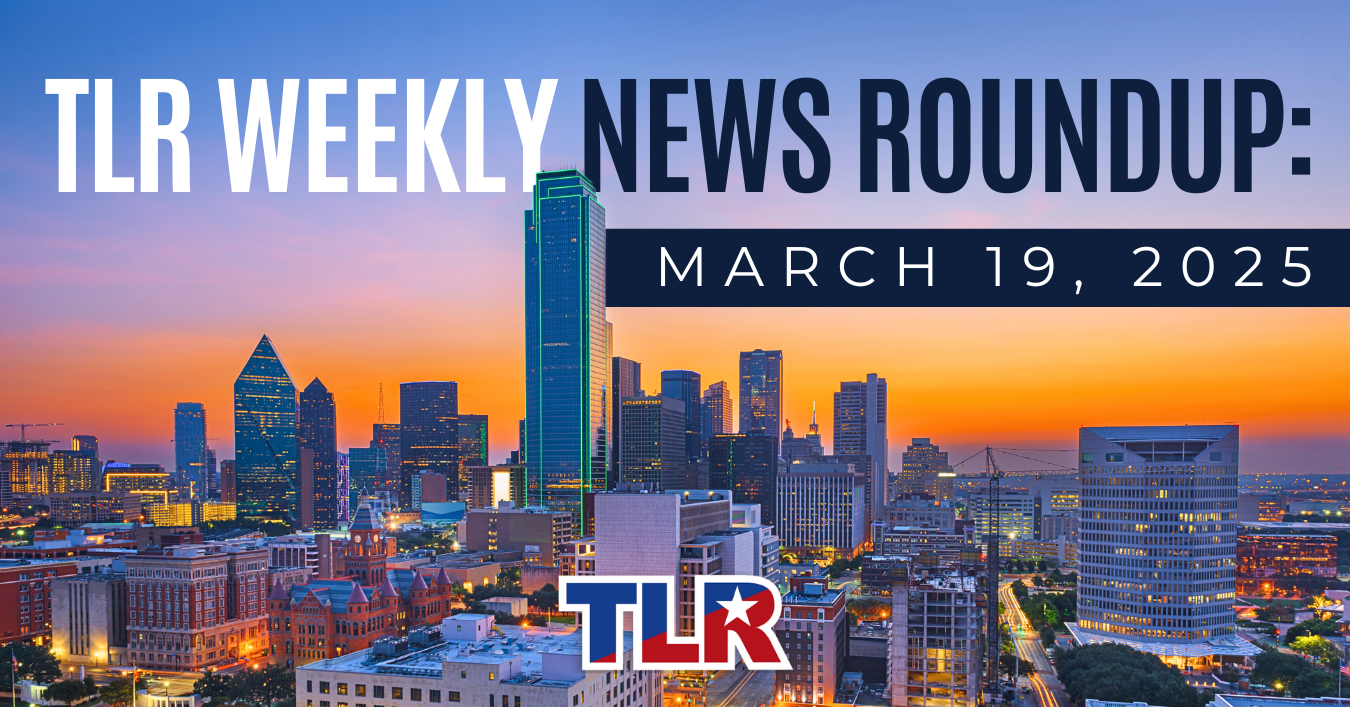What happened: Nasdaq has announced it will open its first regional headquarters in Dallas—the latest push by a New York institution into Texas.
What happened: Nasdaq has announced it will open its first regional headquarters in Dallas—the latest push by a New York institution into Texas.

What happened: Nasdaq has announced it will open its first regional headquarters in Dallas—the latest push by a New York institution into Texas. Read more
Remind me: Nasdaq was founded in 1971 and established stature during the tech boom of the late 1990s and early 2000s. Though Silicon Valley is a thriving pipeline for its listing business, the exchange never opened a headquarters in California. Nasdaq has more than 200 listed companies based in Texas, where it has had a physical presence since 2013. The regional office will expand the company’s footprint in the Lone Star State.
Tell me more: Making a big investment in Texas is becoming a trend among financial institutions. In February, the New York Stock Exchange (NYSE) revealed its plans to add operations in Dallas by reincorporating its NYSE Chicago as NYSE Texas—a fully electronic equities exchange. Additionally, the Texas Stock Exchange (TXSE) has filed paperwork in the hopes of gaining regulatory approval to start trading and listing companies in 2026.
TLR Thoughts: Texas continues to pose a threat to New York’s financial dominance, attracting top companies and technology giants to the state. The Texas Business Court—a strong alternative to the Delaware Court of Chancery System—is the main draw. This session, TLR is advocating for legislation that will both enhance Texas’s existing corporate governance laws and expand the Texas Business Court’s jurisdiction to include more kinds of commercial disputes, so that Texas remains the premier state for corporate operations.
What happened: On March 13, Lt. Governor Dan Patrick announced the second round of his top 40 priority bills for the 89th regular legislative session. Senate Bill (SB) 30 and Senate Bill (SB) 39 were among those listed. Read more
Worth noting: SB 30 proposes reforms that will help curb “nuclear verdicts”—verdicts of $10 million or more driving up the cost of doing business in Texas—while SB 39 seeks to make commercial motor vehicle collision lawsuits consistent with existing law, fair for plaintiffs and defendants, and uniform across the state.
In their own words: “The Lone Star Economic Alliance (LSEA) of which TLR, TXTA and TFFA serve as founding members, is advocating for reforms that will protect Texans from higher insurance costs; guarantee fair restitution for legitimate injuries; and create a legal environment that encourages medical providers to treat accident victims without fear of litigation abuse.” —Texans for Lawsuit Reform (TLR), the Texas Trucking Association (TXTA) and the Texas Food and Fuel Association (TFFA)
TLR Thoughts: LSEA members showed in force at the Texas State Capitol on March 11 to urge Texas legislators to support the meaningful reforms included in SB 30 and SB 39. LSEA is comprised of nearly 150 business associations and 1,000 Texas job creators and individuals who share a common mission: to curtail the skyrocketing cost of doing business by exposing unfair litigation practices and their impact on the jobs and businesses that fuel Texas’s economy.
COPYRIGHT © 2025· TEXANS FOR LAWSUIT REFORM. ALL RIGHTS RESERVED. | PRIVACY POLICY | TERMS & CONDITIONS